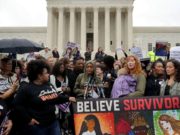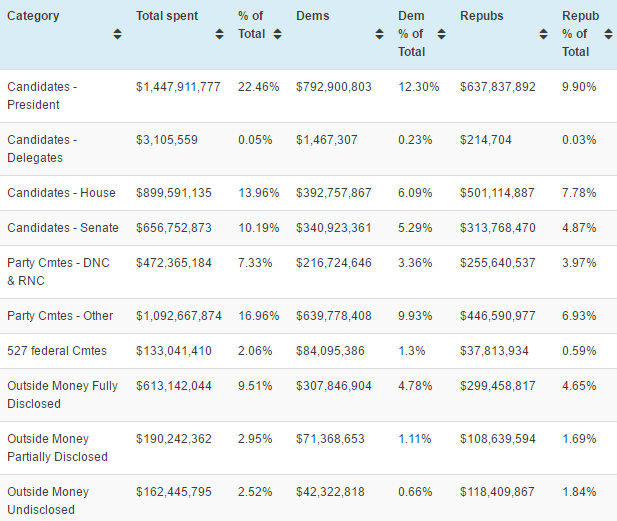Supporters of greater campaign finance regulation often claim that their issue is of paramount importance to voters. Their evidence is often biased polling. For example, a 2016 Ipsos poll commissioned by Issue One asks respondents to rank the importance of overly broad issue categories like “the economy” and “the military” alongside “reducing the influence of money in politics,” and uses leading questions and outright falsehoods, such as claiming that the Citizens United Supreme Court decision ruled that corporations are people.
When pollsters simply ask Americans to name the issues they care most about, however, the numbers tell a very different story. That’s what Gallup does every month by calling Americans and asking them, without prompting, what is the “most important problem facing this country today?”
The results from February 2017 are particularly illuminating. The number one issue that concerns Americans is “Dissatisfaction with government/Poor leadership,” which 19% of respondents cited. 20% selected various economic issues. Campaign finance concerns fall under the label of “Elections/Election reform.” That category was picked by less than 0.5% of respondents – a major decrease from 8% in the January 2017 poll.
What could account for such a sudden and significant drop? Gallup’s methodology has the answer:
Mentions of “Donald Trump” as the nation’s most important problem constitute a substantial proportion of the responses making up the “government dissatisfaction” category this month. Prior to Trump’s inauguration, mentions of him fell into the “election” rather than the government category. As a result, the percentage citing the election as the most important problem has dwindled from 8% in January to less than 1% this month, while the percentage mentioning government dissatisfaction has increased by roughly the same amount.
That’s right – the vast majority of those concerned with “Elections/Election reform” prior to the inauguration did not even mention campaign finance as a top issue, but rather, dissatisfaction with the President.
As Gallup’s poll shows, the sensationalist rhetoric of activists who want to constrain political speech rights is out-of-touch with mainstream Americans. If voters actually believed “money in politics” is a unique crisis for democracy, they would say so.
This is important because proponents of sweeping new speech regulations – and their cheerleaders in the media – assume that the public is on their side. Gallup’s poll has thrown a bucket of cold water on this argument. Rather than trying to push their agenda with full force, these activists should take pause and re-examine its appeal.
Perhaps if they stopped relying on dishonest euphemisms and simply described their proposals in their own polling, Americans could weigh these issues based on their merits. Of course, making it harder for citizen groups to participate in political debate is rarely a winning argument.














